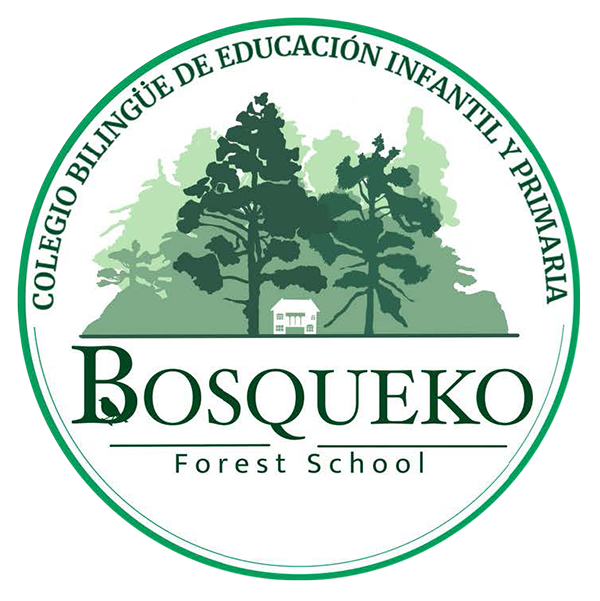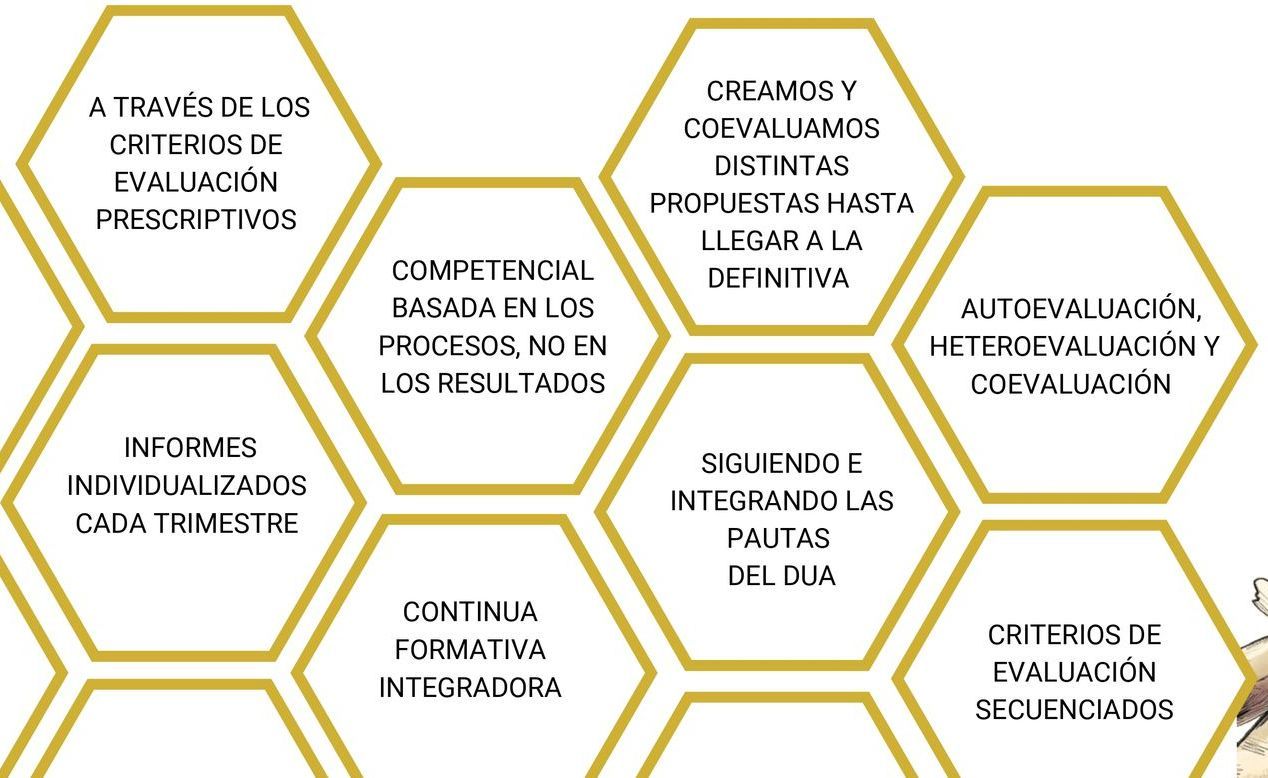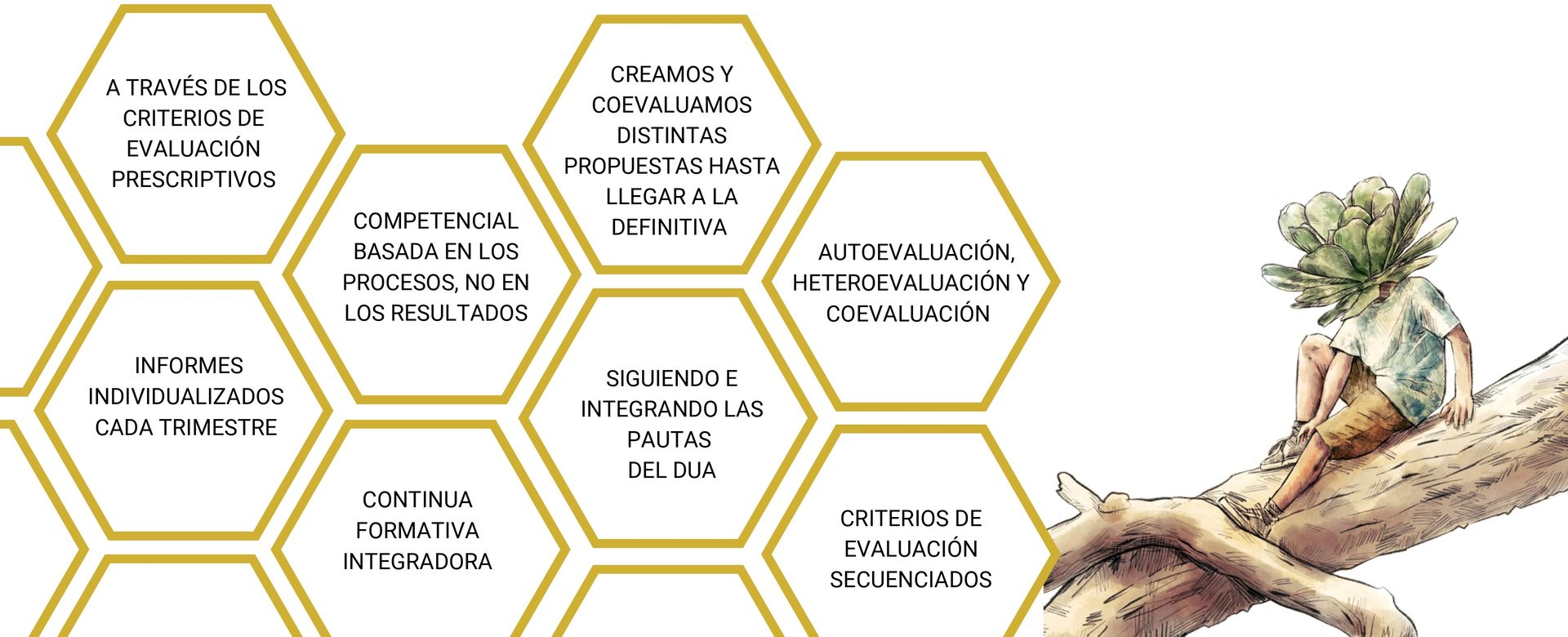Pedagogical approach
Our methodology emphasizes active learning, promoting exploration, research, autonomy, discovery and error as a fundamental part of the learning process.
Children learn by doing, in a privileged space where walls are dissolved and learning occurs inside and outside, which encourages their innate curiosity, their autonomy, as well as their love for nature and learning.
The pedagogical approach, the reduced ratios and the integration of the Universal Design for Learning in the entire learning process of the children, allows us to offer personalized and inclusive support.
Methodological guidelines

- Competence-Based, Meaningful and Functional Learning: We promote learning that develops key competencies, is relevant to students and applicable in real contexts, guaranteeing a comprehensive and practical education.
- Phenological Teaching Program: Our learning situations are designed following the seasons and natural cycles, integrating learning into the rhythm and changes of the environment.
- Priority is given to socio-emotional aspects: We give priority to socio-emotional development, creating an environment where children can grow in confidence and prosocial skills.
- Active Family Participation: We encourage family collaboration in education, creating a cohesive and participatory community.
- Risk Pedagogy: We foster autonomy and the ability to make critical decisions in safe but challenging environments, strengthening resilience and risk management.
- Nature Education: We promote outdoor connection and learning, offering children the opportunity to have direct, regular and meaningful experiences in nature.
- Language immersion and communicative approach. With at least 50% of the content taught in English, we promote natural language acquisition through meaningful everyday and educational situations.
- Learning Ecosystem: Our school is a dynamic and adaptive ecosystem, where pedagogical spaces, both indoor and outdoor, are integrated to enrich the educational experience of children.
- Pedagogy of Listening: We value active listening to children, recognizing and respecting their voices as an essential part of their rights, the educational process, and our values.
- Personalized and Cooperative Learning: We address individual needs and encourage teamwork, promoting inclusive and collaborative learning.
- Pedagogy of Kindness: We promote a culture of respect and kindness, where each person is valued and supported in their integral development.
- Culture of Childhood: We value children as competent and curious people, capable of co-constructing their own knowledge through interaction with their environment and collaboration with others.
- Active Methodologies: We use active methodologies that involve children in their own learning, making it more dynamic and participatory.
- Attention to Individual Differences, with Equal Opportunities: We respect and value diversity, offering equal opportunities so that each boy and girl can reach their full potential.
- Conscious Nutrition - Slow Food: We promote conscious and healthy eating, integrating the Slow Food movement for better nutrition and respect for the environment.
Assessment as part of the learning process
At Bosqueko Forest School, our assessment lines are designed to be inclusive, following and integrating the guidelines of Universal Design for Learning (UDL) and respecting reduced ratios.
We sequence the criteria and evaluate through them, guaranteeing a competency-based evaluation focused on the learning processes, rather than on the results.
The evaluation is formative and continuous, allowing constant feedback and continuous improvement of the learning-teaching process.
We develop and co-evaluate different proposals until we arrive at a definitive version that responds to the individual needs of each child.
Each quarter, we provide individualized reports that reflect learning processes and areas of growth, based on self-assessments, hetero-assessments and peer-assessments.
This integrative approach ensures that assessment is a formative, dynamic and collaborative process, promoting deep and meaningful learning.





